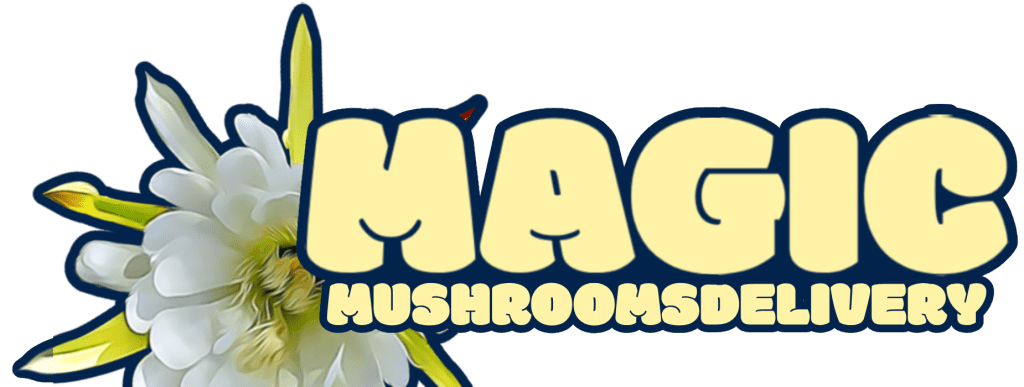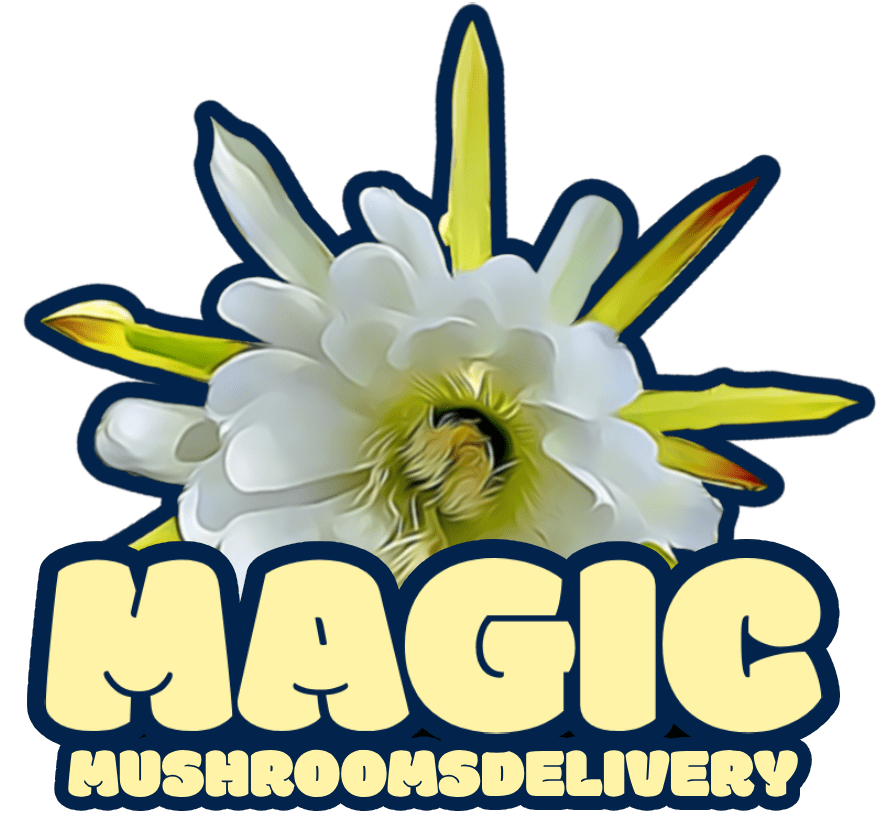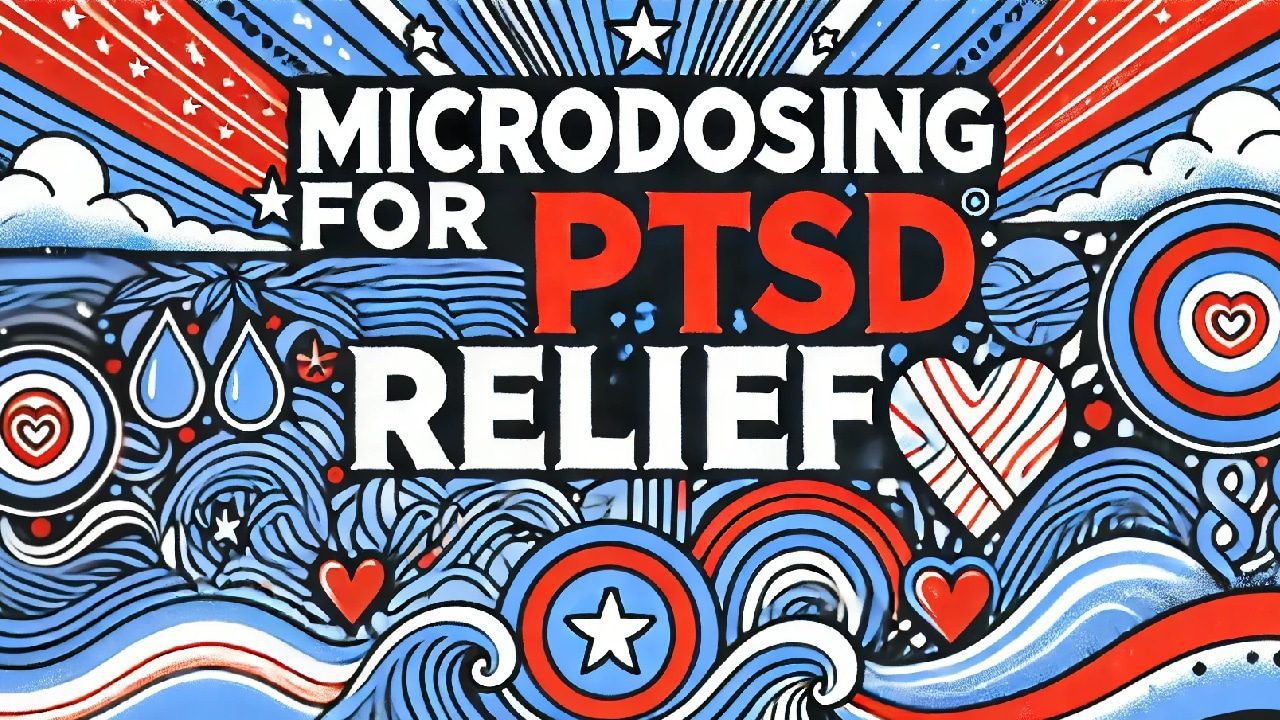Below we will share the science behind microdosing for PTSD, explore how it might work, discuss safe protocols, review emerging research, and outline both the challenges and the potential of this innovative therapy.
Can You Microdose Mushrooms for PTSD Relief?
- Neurological Healing: Psilocybin appears to support the brain’s natural ability to rewire and heal from trauma.
- Alternative Treatment: Microdosing offers a natural approach that could lessen dependence on pharmaceutical drugs.
- Research-Based Benefits: Initial studies suggest that psilocybin can reduce PTSD symptoms significantly, even in cases resistant to other treatments.
- Holistic Approach: Combining microdosing with therapies like CBT may enhance both emotional and neurological recovery.
Understanding PTSD: The Scope and Limits of Traditional Treatments
PTSD is a serious and complex mental health condition triggered by experiencing or witnessing traumatic events, and it’s characterized by symptoms such as flashbacks, severe anxiety, depression, and persistent hypervigilance. PTSD can severely impact an individual’s daily life, social connections, and overall well-being. Conventional treatments often involve SSRIs (Selective Serotonin Reuptake Inhibitors) and Cognitive Behavioral Therapy (CBT), both of which provide relief to many sufferers but aren’t effective for everyone.
Why Conventional Treatments Often Fall Short
While SSRIs and therapy have been instrumental for some PTSD sufferers, they can sometimes act more as “symptom managers” than as solutions. SSRIs increase serotonin levels, which helps improve mood, but do not directly address the neurological “scarring” of trauma. Meanwhile, CBT works on identifying and modifying thought patterns related to traumatic memories but can be challenging for those whose trauma impacts their ability to engage fully in therapy. As a result, there is a need for treatments that not only help manage symptoms but also support the brain’s ability to recover from the effects of trauma.
This gap in conventional treatment options has prompted interest in microdosing psilocybin as a promising avenue for PTSD relief.
How Microdosing Psilocybin Works: A Look at the Science
Microdosing psilocybin involves taking very small, sub-perceptual doses of psilocybin, a compound found in certain mushrooms. These doses are typically between 0.1 and 0.3 grams, which are small enough not to produce intense psychedelic effects but still potentially able to promote subtle changes in brain function. Research suggests that psilocybin interacts with serotonin receptors in the brain, helping improve mood regulation and emotional processing, which are crucial for individuals with PTSD.
Neuroplasticity and PTSD Healing
One of the most intriguing aspects of psilocybin is its potential to enhance neuroplasticity—the brain’s ability to reorganize itself by forming new neural connections. In PTSD, trauma can leave lasting impressions on the brain, creating rigid neural pathways associated with negative thoughts, fear responses, and heightened stress. Psilocybin’s promotion of neuroplasticity helps the brain rebuild and form new, healthier pathways, which can reduce the intensity of trauma responses over time.
To illustrate, imagine a forest that has been disrupted by a storm, with paths and trails tangled and blocked. Traditional therapies carefully untangle some of these paths, while psilocybin may act like a gentle wind, supporting the natural reshaping of the entire landscape. This reshaping could allow the brain to process traumatic memories in less distressing ways.
Clinical Research: Promising Findings on Psilocybin and PTSD
Although large-scale research on psilocybin microdosing for PTSD specifically is still limited, several studies indicate positive outcomes for trauma-related conditions. Groundbreaking research is emerging from institutions like NYU and the University of British Columbia, where scientists have observed promising improvements in PTSD symptoms with psilocybin use.
Key Research Highlights
- Reduced Anxiety and Depression: A study at NYU showed that controlled psilocybin sessions led to reduced anxiety and depression, which are core components of PTSD.
- Enhanced Emotional Processing: Trials at UBC revealed that psilocybin helped participants process emotions more effectively, which can reduce the burden of traumatic memories.
- Brain Connectivity and Healing: Research from Johns Hopkins University found that psilocybin increases connectivity between brain regions that don’t typically communicate. This can encourage healthier responses to trauma and reduce the influence of fear-based neural patterns.
These research findings suggest that psilocybin microdosing could be beneficial for PTSD by creating new neural pathways, promoting emotional resilience, and helping the brain “unlearn” trauma responses.
How to Microdose Mushrooms for PTSD
Microdosing for PTSD requires a careful and structured approach. Here’s a step-by-step guide to help you understand the process and take practical steps if you decide to try microdosing.
Step-By-Step Guide to Microdosing for PTSD Relief
- Consult a Healthcare Professional: Always begin by consulting a healthcare provider, ideally one familiar with psychedelic therapies or PTSD treatments, to ensure you’re taking a safe and effective approach.
- Start with a Low Dose: Most individuals start with a dose between 0.1 and 0.3 grams. This range typically avoids full psychedelic effects while potentially providing neurological benefits. Starting low is essential to gauge how your body responds.
- Choose a Dosing Protocol: Popular protocols include the Fadiman Protocol (one day on, two days off) and the Stamets Stack (four days on, three days off). The break days help prevent tolerance and allow your body to process the benefits of each dose.
- Integrate Therapy: Microdosing is most effective when paired with therapeutic support, such as EMDR (Eye Movement Desensitization and Reprocessing) or trauma-focused CBT. Working with a trained therapist helps process the memories and emotional responses that may arise during microdosing.
- Document Your Experience: Keep a journal of each microdosing session to track symptoms, mood changes, and stress levels. Noting any side effects or improvements can help you refine your approach and assess progress over time.
- Stay Consistent and Patient: Microdosing benefits are cumulative and subtle, typically appearing over weeks or months. Patience and consistency are essential for meaningful improvements.
The Top 3 Magic Mushroom Strains for Managing PTSD
Golden Meanies
Golden Meanies are known for their mild yet effective effects, making them a great choice for those seeking relief from PTSD. The strain helps users relax while keeping them grounded, fostering a sense of emotional balance. Golden Meanies can aid in reducing the overwhelming stress and anxiety associated with PTSD, allowing individuals to regain control over their emotions in a gentle, manageable way.
Penis Envy
Penis Envy is one of the most potent and revered strains for those struggling with PTSD. This strain is known for its intense effects, often leading to profound emotional breakthroughs. Users have reported experiencing deep healing and emotional clarity, making it particularly useful for confronting trauma. It’s ideal for those with a history of severe trauma who are seeking a transformative experience.
Trinity Mushrooms
Trinity mushrooms, a potent strain of psilocybin mushrooms, are gaining attention for their potential in treating PTSD. Known for their powerful effects, Trinity mushrooms may offer individuals with PTSD a profound opportunity for emotional release and healing. These mushrooms are often used to help individuals face traumatic memories and gain new perspectives, potentially helping with the processing of past trauma.
The psilocybin in Trinity mushrooms can create deep, introspective experiences that may help users confront their fears, release emotional blockages, and foster a sense of clarity. By providing emotional healing, Trinity mushrooms can contribute to reducing symptoms of anxiety and depression commonly associated with PTSD.
See all our magic mushrooms and microdosing capsules for managing PTSD here.
Additional Tips for Safe Microdosing
- Avoid on High-Stress Days: Choose days with minimal stress to begin microdosing, allowing you to better observe any effects without external pressures.
- Minimize Stimulants: Avoid caffeine or other stimulants on microdosing days to reduce the likelihood of overstimulation.
- Prioritize Rest and Nutrition: Sleep and a balanced diet support mental health and can enhance the positive effects of microdosing.
Legal and Ethical Considerations for Psilocybin Microdosing in Canada
Psilocybin remains a controlled substance in Canada, classified as a Schedule III drug under the Controlled Drugs and Substances Act. However, recent developments suggest an evolving landscape for psychedelic-assisted therapies. Health Canada has granted certain individuals exemptions to use psilocybin for mental health treatments, a step that reflects growing acceptance of its potential benefits.
For Canadians interested in microdosing, it’s crucial to stay informed about local laws and prioritize safety. Working with a licensed healthcare provider or seeking out legal, medically supervised psilocybin therapy programs is recommended to ensure compliance with Canadian law and maximize therapeutic outcomes.
The Future of PTSD Treatment: What Role Will Microdosing Play?
The potential for psilocybin microdosing in PTSD treatment is part of a larger “psychedelic renaissance” in mental health. Institutions like Johns Hopkins University and NYU are leading research that could change the way we approach mental health treatment. Here are a few ways that microdosing could play a role in the future of trauma recovery:
- Accessible Treatment Option: As research progresses, microdosing could become a mainstream option for individuals who don’t respond to traditional PTSD therapies.
- Standardized Protocols: With more clinical trials, healthcare providers may establish standardized microdosing protocols specifically tailored to PTSD, making it easier to safely integrate into treatment plans.
- Holistic Mental Health Programs: Microdosing could work alongside traditional therapies like EMDR, CBT, and group support, creating a holistic approach that addresses both the emotional and neurological impacts of trauma.
- Potential for Legalization and Controlled Access: If ongoing studies continue to show psilocybin’s benefits, Canada may eventually consider revised regulations to allow for broader, legal access for therapeutic use.
Final Thoughts: Could Microdosing Be the Key to PTSD Healing?
Microdosing magic mushrooms offers a hopeful and innovative approach to treating PTSD, providing a means to address the neurological and emotional effects of trauma. While not a “magic bullet,” psilocybin’s potential to enhance neuroplasticity and encourage healthier brain connections could make it a valuable tool for trauma recovery. As research advances, it’s possible that microdosing will become an established, regulated part of PTSD treatment, helping those who struggle with the limitations of traditional therapies.
For Canadians, the journey of healing PTSD is unique and deeply personal, but microdosing could be a stepping stone toward recovery. With patience, mindfulness, and professional support, this approach may bring newfound relief and stability to many who seek it.


